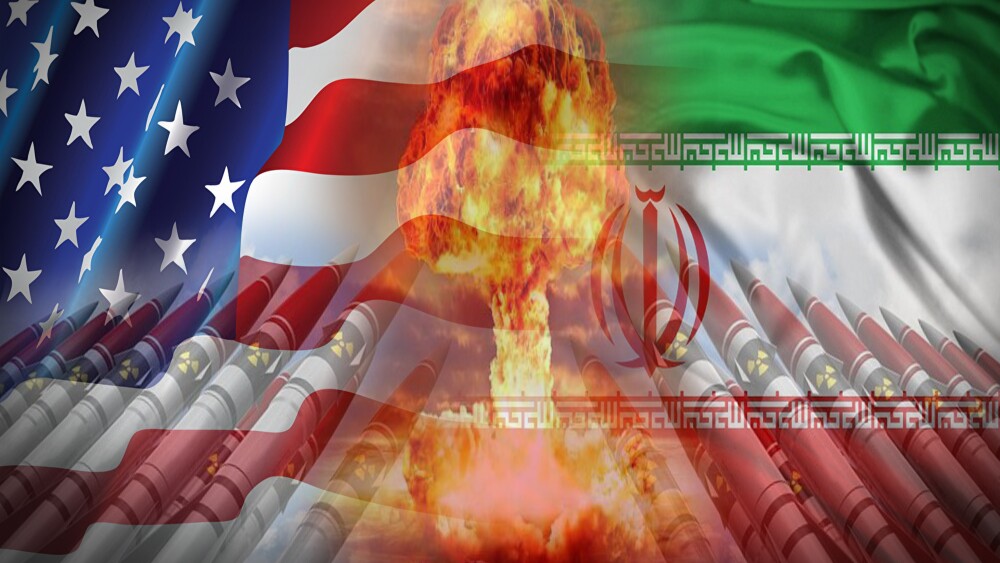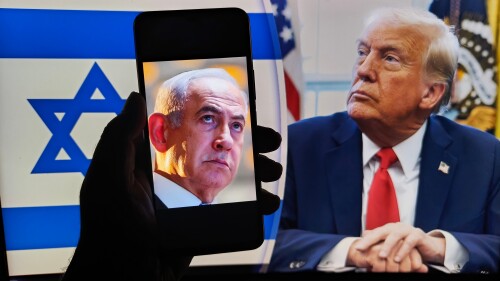Following the Houthi missile attack on the Ben Gurion airport, Jerusalem has struck targets near Hudaydah to send a message to the Houthis that Israel will not tolerate attacks on its civilians and infrastructure. Still, any strategy that relies on Whac-A-Mole retaliation is incomplete, nor should the White House stand aloof in the belief that this is Israel’s fight. Rather, the United States should join forces with its top Middle Eastern ally to eliminate the Iranian threat to the region.
The Houthis have demonstrated their ability to operate even in the face of sustained U.S. military actions.
The Houthi strike represents a significant escalation. The Houthis have demonstrated their ability to operate even in the face of sustained U.S. military actions. Additionally, the missile strike—although a near miss and not deadly—reflects the improvements the Houthis have made to the range and precision of their weapons. U.S. policymakers should take note. This should come as no surprise. Airstrikes and naval interdictions in and around Yemen cannot defeat the Houthis. Only by attacking the Houthis from all avenues of approach—informational, diplomatic, economic—will the United States and its allies achieve the desired outcome of a Yemen rid of the Houthi menace and global shipping no longer at risk from the Houthi threat. Even more important, to achieve this victory, the target must be Iran.
The Islamic Republic’s support for the Houthis has allowed the Yemeni group to increase their capabilities. Even if Houthi grievances began organically, the Iranian regime co-opted the group to make them an extension of Tehran’s ambitions. The fact that their capabilities have increased to the level where they can strike Israel and impact global shipping demonstrates the failure of Washington policymakers’ decision not to link Yemen policy fully with the Iranian problem.
Even if Houthi grievances began organically, the Iranian regime co-opted the group to make them an extension of Tehran’s ambitions.
The cornerstone of Iran’s push for regional dominance is acquisition of nuclear weapons. The theocrats have studied geopolitical history and understand that nuclear weapons possession inculcates regime security. Two recent examples illustrate this point: North Korea and Ukraine. In North Korea, the inability of successive U.S. administrations from George H.W. Bush to George W. Bush to prevent the dictatorial regime from acquiring nuclear weapons created stalemate on the peninsula and muted any meaningful talk of regime change. In Ukraine, the opposite occurred. When the Ukrainians gave up their nuclear weapons as part of a post-Soviet Union push to join the West, they left their country open to invasion, even if they did win theoretical security guarantees. Russia’s Vladimir Putin took advantage of the asymmetry between the arsenals. That juxtaposition reinforces Iran’s desire to acquire the weapons—both to project power throughout the region and to preserve their own regime.
If the United States and Israel were to allow the Islamic Republic to become a nuclear weapons power, the entire region would race to match. The Saudis, Persian Gulf states, and Egypt would seek such capability, lest they leave themselves exposed to an augmented Iranian threat. The proliferation domino effect would destabilize the entire region.
Negotiations do represent an opportunity ... even if the likelihood that Tehran will forfeit its nuclear program absent significant coercion or use of force is minimal.
The Trump administration currently seeks to resolve the Iranian nuclear impasse through negotiations. Perhaps the White House seeks to demonstrate a last-ditch effort to show that Washington has exhausted all options before they resort to a military assault on the Iranian nuclear weapon facilities. Negotiations do represent an opportunity, however, even if the likelihood that Tehran will forfeit its nuclear program absent significant coercion or use of force is minimal. If President Donald Trump and Special Envoy Steven Witkoff’s team link the Houthi problem with the Iranian nuclear weapon issue, they can reinforce that the two issues are really the flip side of the same coin and demonstrate that the United States no longer will accept the fiction that Iranian proxies in its so-called “Axis of Resistance” are independent actors for which the West cannot hold Tehran accountable.
Both the Iranian nuclear challenge and Houthi aggression are threats to the global order. If the Trump administration wants to demonstrate “peace through strength” foreign policy, this is the perfect time to show that strength.








